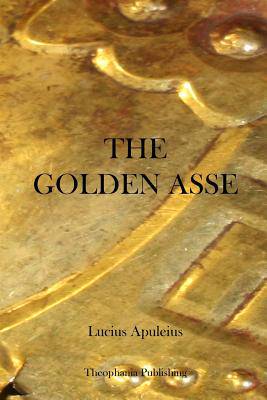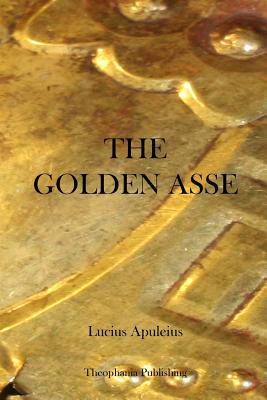
- Afhalen na 1 uur in een winkel met voorraad
- Gratis thuislevering in België vanaf € 30
- Ruim aanbod met 7 miljoen producten
- Afhalen na 1 uur in een winkel met voorraad
- Gratis thuislevering in België vanaf € 30
- Ruim aanbod met 7 miljoen producten
Zoeken
Omschrijving
Thank you for checking out this book by Theophania Publishing. We appreciate your business and look forward to serving you soon. We have thousands of titles available, and we invite you to search for us by name, contact us via our website, or download our most recent catalogues. LUCIUS APULEIUS African, an excellent follower of Plato his sect, born in Madaura, a Countrey sometime inhabited by the Romans, and under the jurisdiction of Syphax, scituate and lying on the borders of Numidia and Getulia, whereby he calleth himself half a Numidian and half a Getulian: and Sidonius named him the Platonian Madaurence: his father called Theseus had passed all offices of dignity in his countrey with much honour. His mother named Salvia was of such excellent vertue, that she passed all the Dames of her time, borne of an ancient house, and descended from the philosopher Plutarch, and Sextus his nephew. His wife called Prudentila was endowed with as much vertue and riches as any woman might be. Hee himselfe was of an high and comely stature, gray eyed, his haire yellow, and a beautiful personage. He flourished in Carthage in the time of Iolianus Avitus and Cl. Maximus Proconsuls, where he spent his youth in learning the liberall sciences, and much profited under his masters there, whereby not without cause hee calleth himself the Nource of Carthage, and the celestial Muse and venerable mistresse of Africke. Soone after, at Athens (where in times past the well of all doctrine flourished) he tasted many of the cups of the muses, he learned the Poetry, Geometry, Musicke, Logicke, and the universall knowledge of Philosophy, and studied not in vaine the nine Muses, that is to say, the nine noble and royal disciplines.
Specificaties
Betrokkenen
- Auteur(s):
- Uitgeverij:
Inhoud
- Aantal bladzijden:
- 236
- Taal:
- Engels
Eigenschappen
- Productcode (EAN):
- 9781475012200
- Verschijningsdatum:
- 9/03/2012
- Uitvoering:
- Paperback
- Formaat:
- Trade paperback (VS)
- Afmetingen:
- 152 mm x 229 mm
- Gewicht:
- 322 g

Alleen bij Standaard Boekhandel
+ 69 punten op je klantenkaart van Standaard Boekhandel
Beoordelingen
We publiceren alleen reviews die voldoen aan de voorwaarden voor reviews. Bekijk onze voorwaarden voor reviews.











